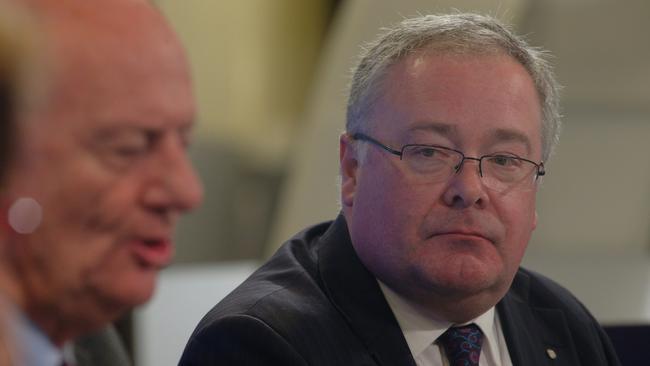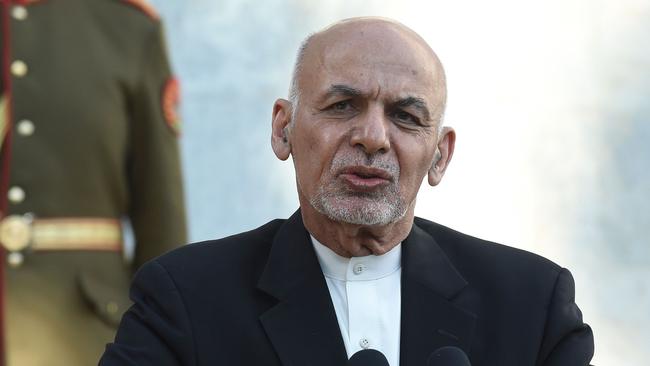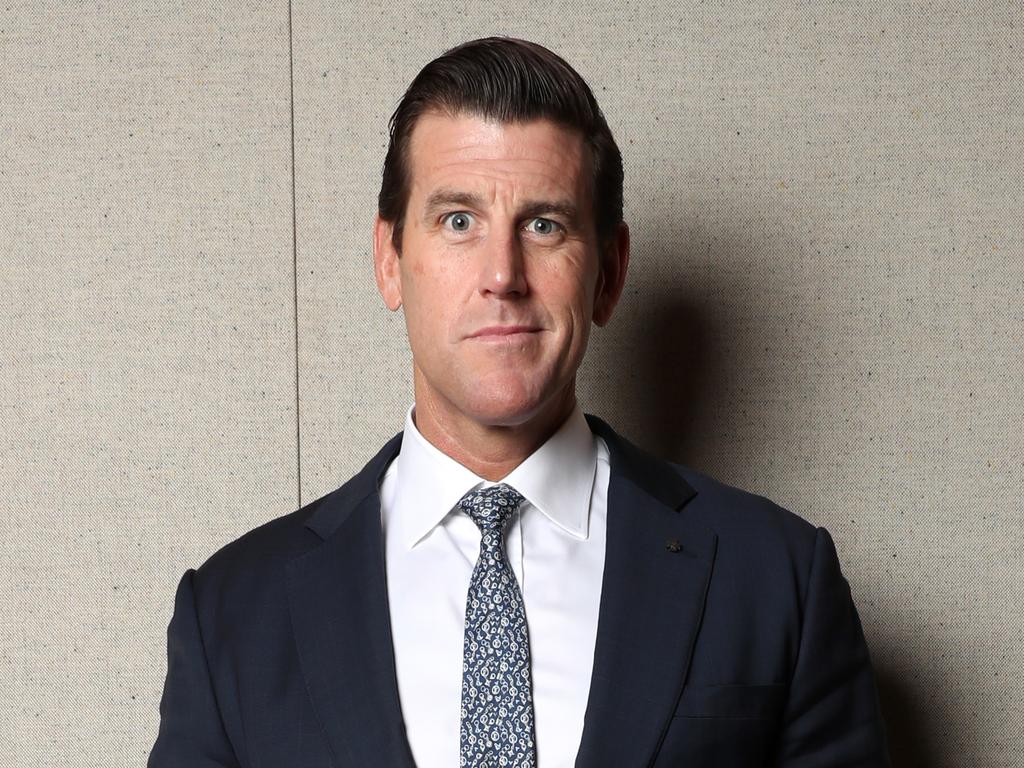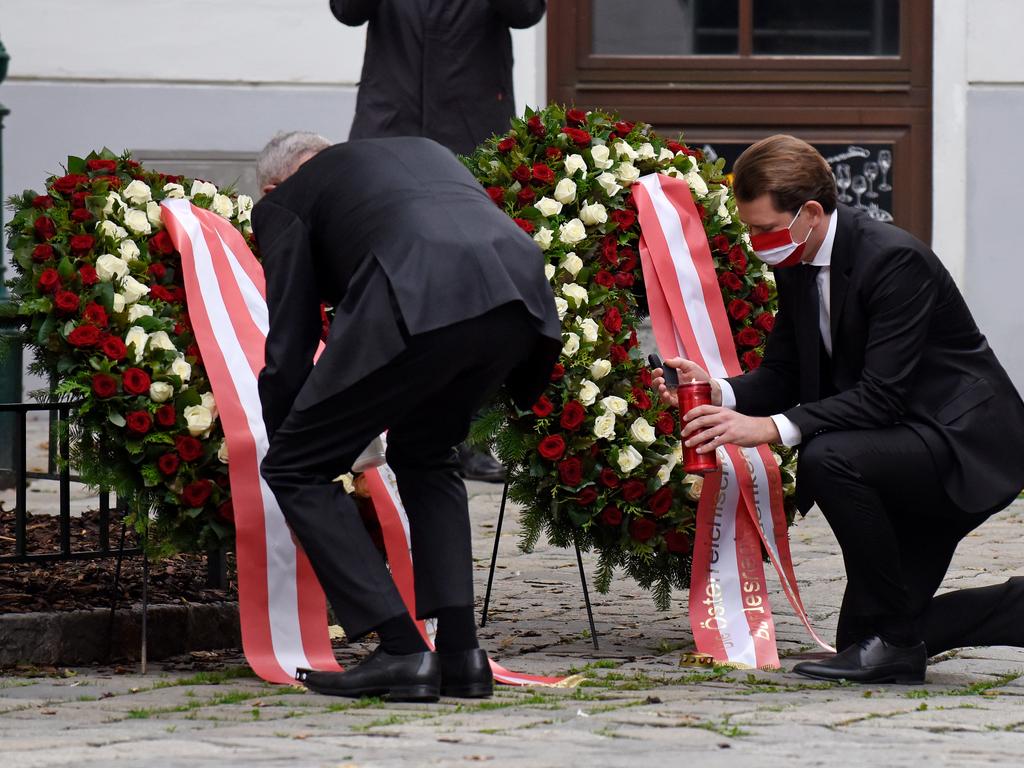Brereton Inquiry to fuel Islamist propaganda efforts, experts say
Extremist Islamist groups in Afghanistan are likely to use the Brereton war crimes inquiry to fuel propaganda against Australian troops, experts warn.

Extremist Islamist groups in Afghanistan are likely to use the findings of the Brereton war crimes inquiry to fuel their propaganda against Australian troops, top security experts warn.
Scott Morrison and leading Australian officials have been in close contact with Afghanistan President Ashraf Ghani and his government this week, as both countries look to heal the wounds uncovered in the inquiry and manage the fallout on the ground.
While most Australian experts do not expect the nation’s troops to be in any greater physical danger as a result of the inquiry — partly because they are already facing very high risk from jihadis — there are expectations that the allegations of 39 unlawful killings will be used for propaganda.
Australian Strategic Policy Institute executive director Peter Jennings said the war crimes inquiry would increase the risk to Australian troops, but the ADF could manage it.
“Inevitably, the report will be used by the Taliban and extremist groups as part of their own propaganda. And of course there will be greater risk,” he told The Weekend Australian. “But there will be measures put in place to counter those risks. Frankly, the Australian presence has always been a target of extremists.”

Lowy Institute research fellow and former army officer Rodger Shanahan said on Friday fringe Islamist groups were more likely to take advantage of the Brereton findings than the Taliban, who are deep in peace negotiations and are trying to get back into government.
“The standard trope from non-Taliban extremists about Western military forces targeting Muslims — it’s possible they may use this,” Dr Shanahan said.
“The Taliban may avoid it largely for practical reasons — the peace negotiations — and it might not be in their best interests to heighten the rhetoric. So will the inquiry be used by some for propaganda? Yes. Will it significantly heighten the direct risk to Australians? No, because the risk is already there.”
Australian National University professor of international security John Blaxland — also a former army officer — said Chief of the Defence Force Angus Campbell’s unprecedented level of transparency over the war crime allegations in recent days would help to ease tensions.
“General Campbell has sucked the air for prospective propagandists by being searingly open and honest,” Professor Blaxland said.
“He has risen above this by grasping at the awful ugliness exposed. And he’s showing exactly what open Western democracies are supposed to do: uncover corruption and criminality.
“There could be a positive side-effect from the Brereton inquiry in that it gives an example on how to deal with allegations of this kind to other countries.”
In the course of the war in Afghanistan, 41 Australian troops have been killed since 2001 when John Howard committed the nation’s forces to the US-led invasion in the wake of 9/11.
Several of the Australian casualties have been killed in “green-on-blue attacks” by extremists posing as Afghan troops.
Former defence intelligence officer Clive Williams, now based at the ANU, said Australian troops already faced high risks pre-Brereton because of the threat from their own allies.







